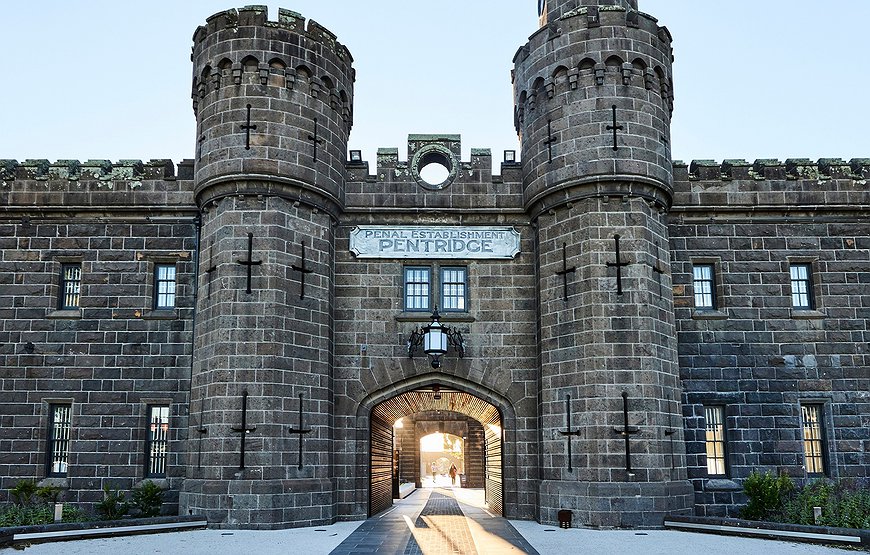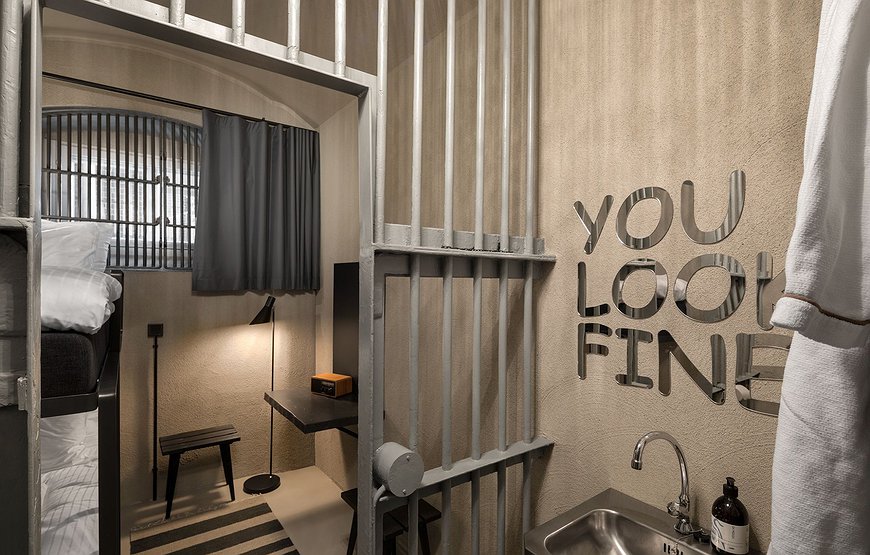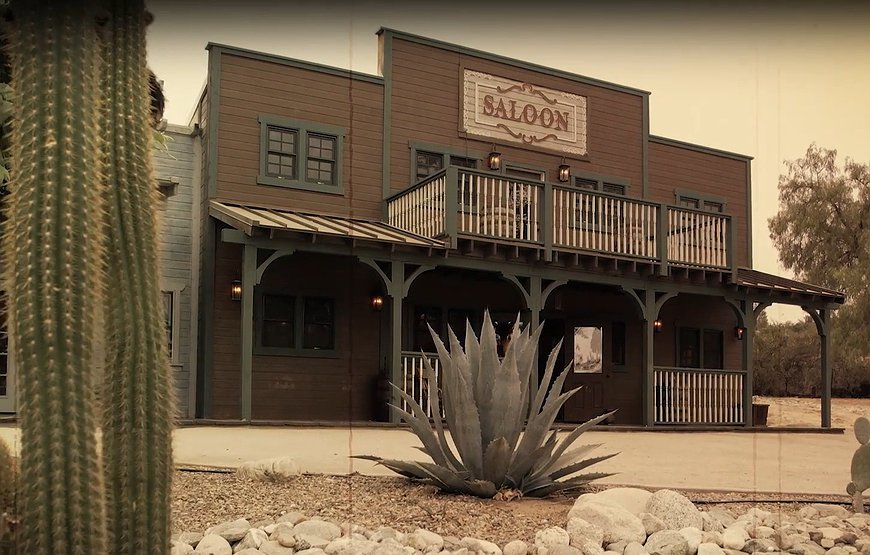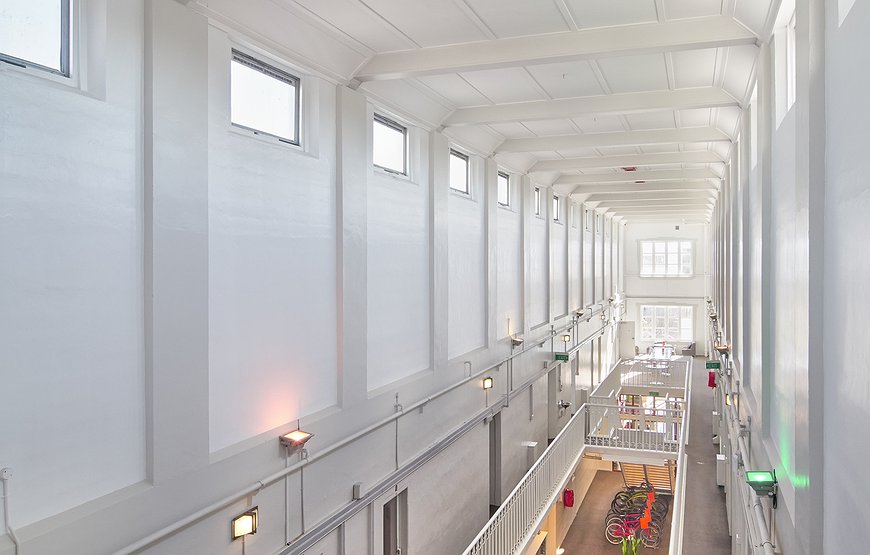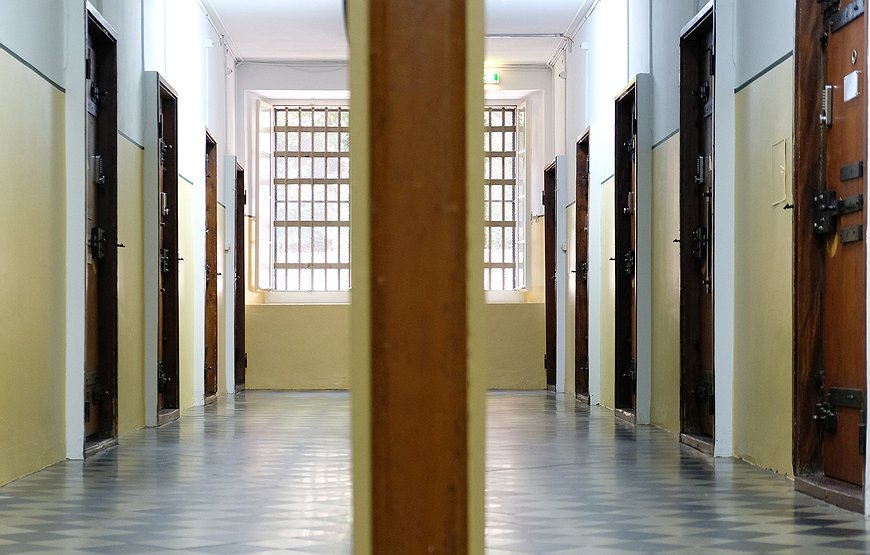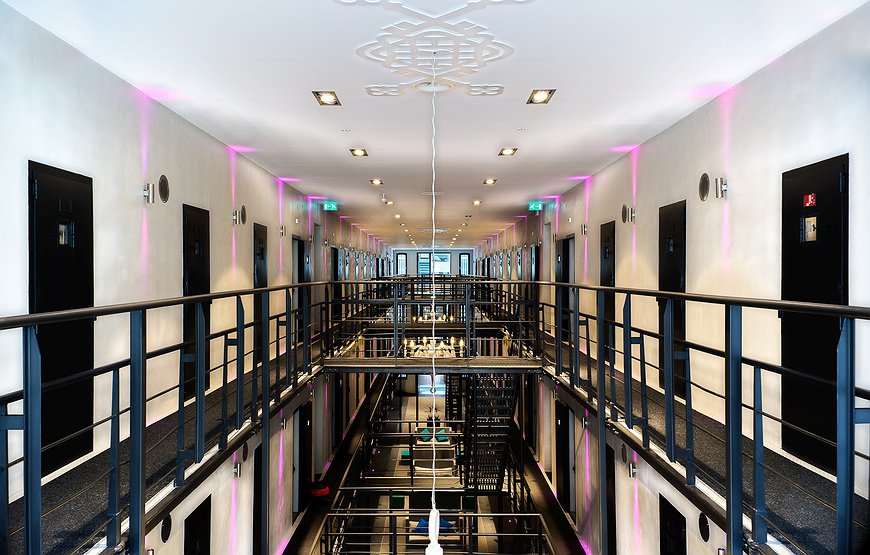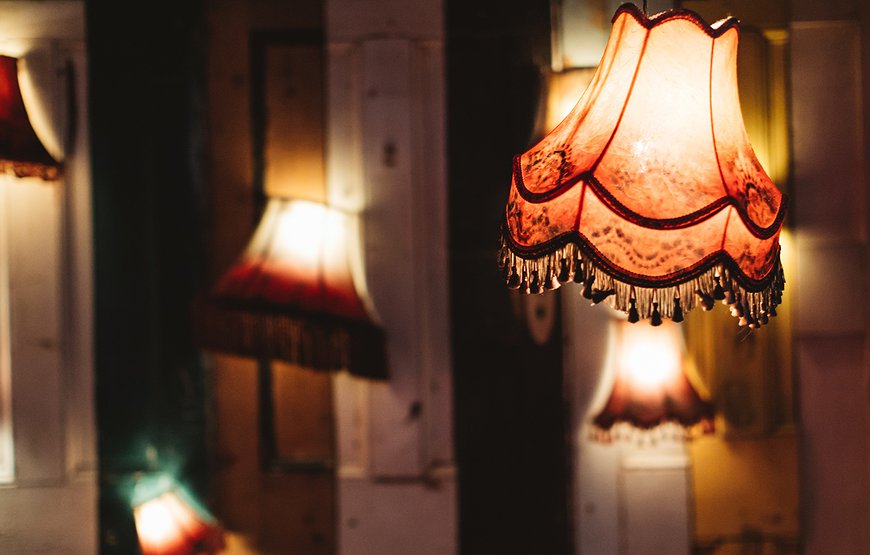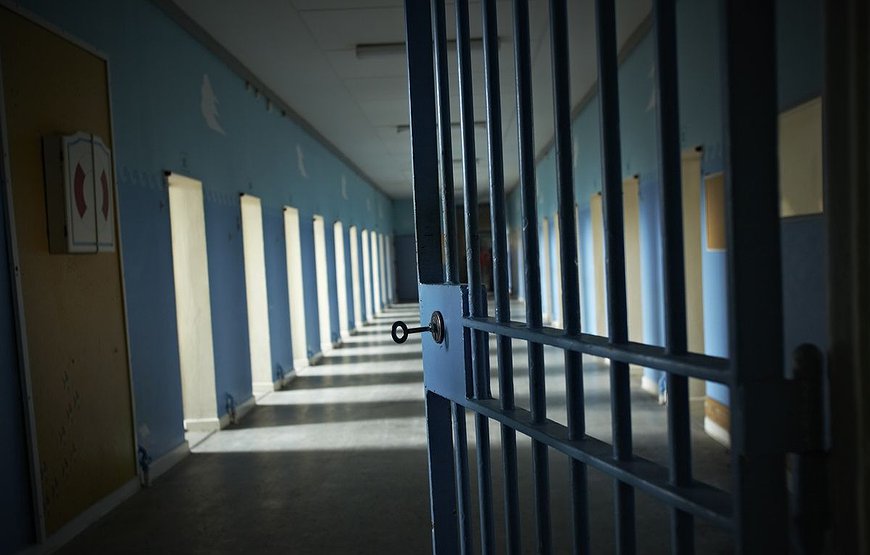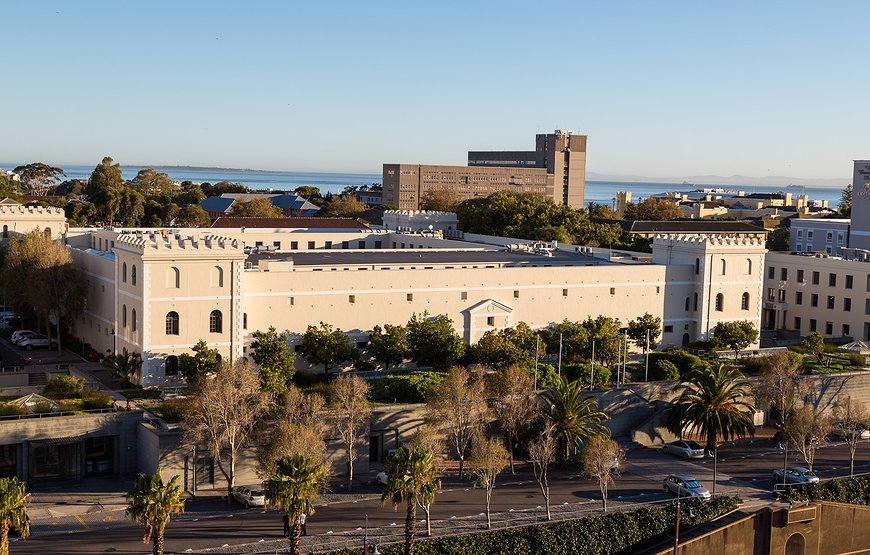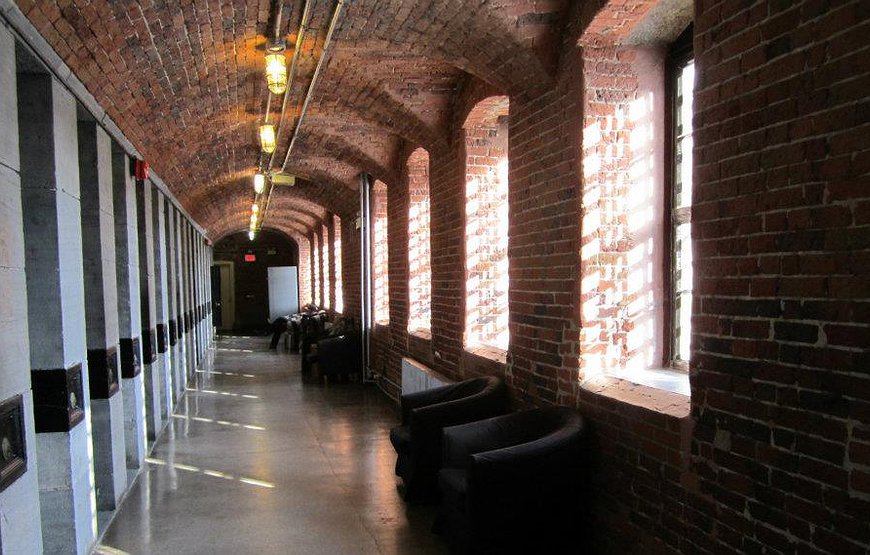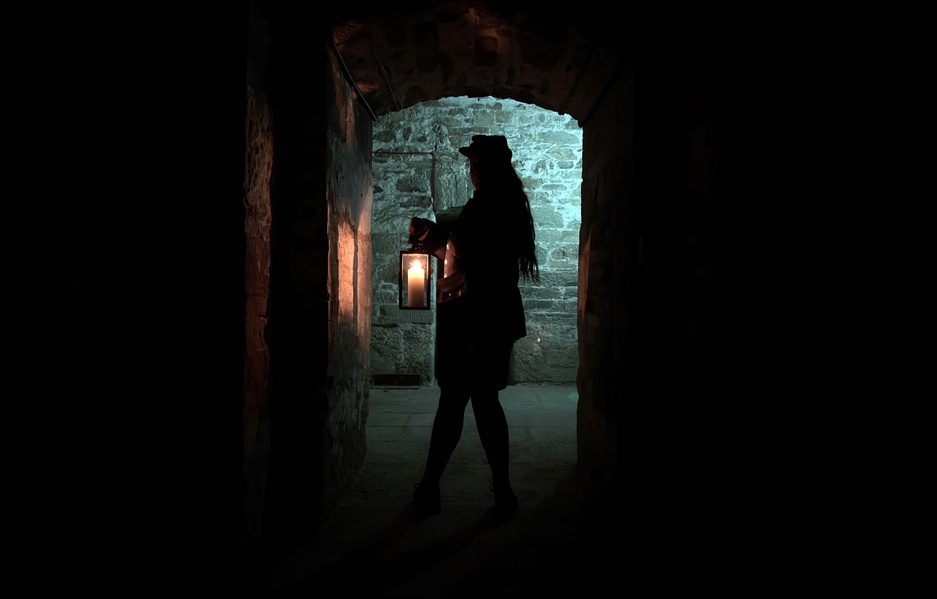
The stone walls are thick enough to have withstood demolition attempts in the 1930s, and the barred windows remain resolutely in place. But these days, the only thing being executed at Bodmin Jail is an ambitious vision to transform one of Britain's most forbidding historical sites into a luxury hotel experience.
What was once Cornwall's main prison, where 55 people met their end at the gallows between 1779 and 1909, has been reborn as a boutique hotel that trades heavily on its grim past. The £70 million restoration project, completed in 2021, has converted the Grade II-listed building into 70 hotel rooms, each fashioned from three former prison cells.
The transformation represents an example of Britain's knack for turning dark history into tourist gold. Where prisoners once carved graffiti into weathered stone walls, you now enjoy underfloor heating and flat-screen televisions. The original prison doors, some salvaged from Wandsworth Jail, have been preserved as atmospheric decoration alongside modern amenities.
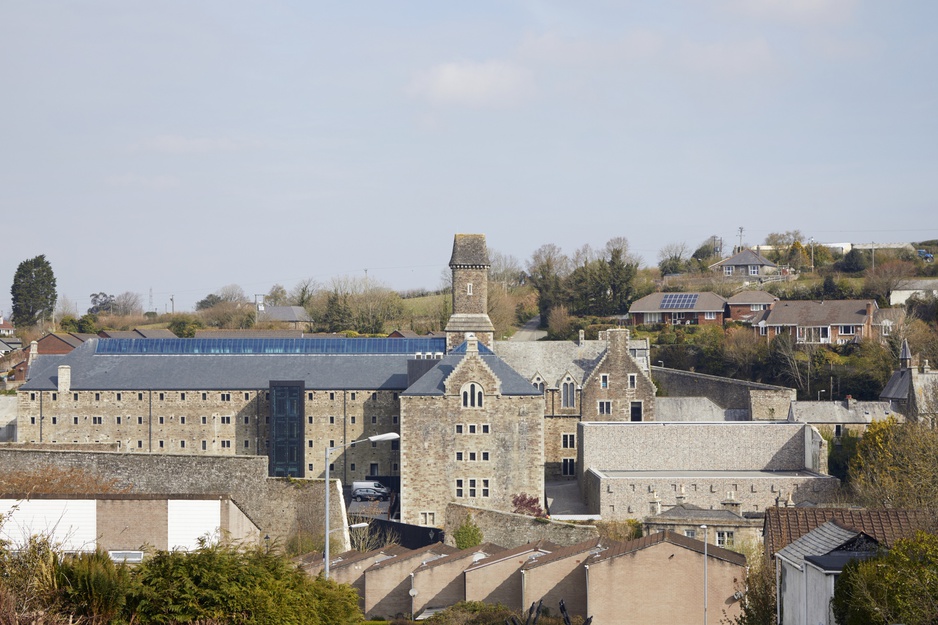
Built during the reign of George III by military engineer Sir John Call, Bodmin Jail was considered progressive for its time. It featured individual cells, segregated areas for men and women, and even hot water – luxuries that established it as a model for prison reform across England. Napoleonic prisoners of war quarried 20,000 tonnes of granite from Bodmin Moor to construct the imposing structure.
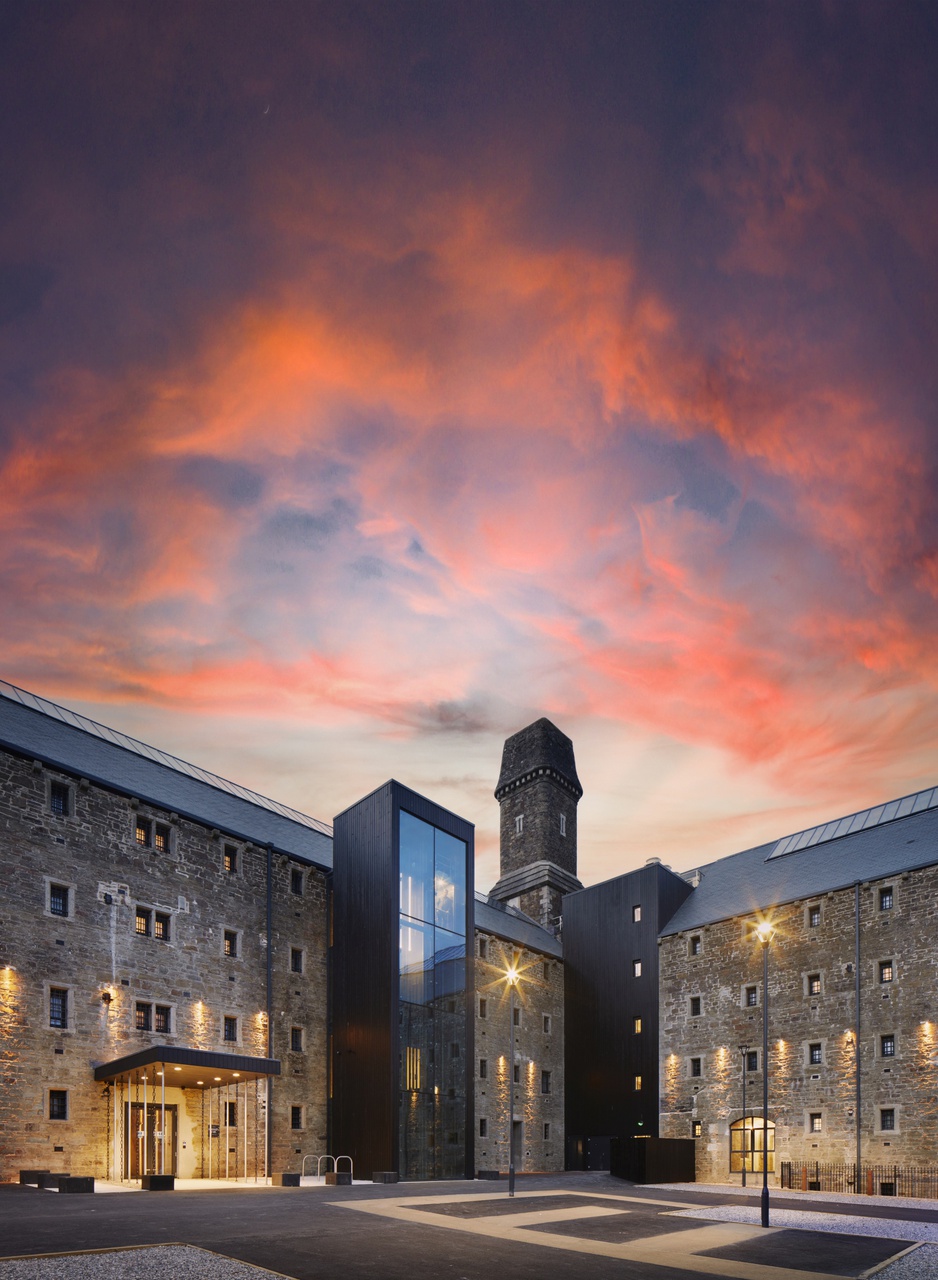
The jail's history reads like a catalogue of Georgian crime and punishment. William Hampton, hanged in July 1909 for murdering his 17-year-old girlfriend, holds the dubious distinction of being the last person executed in Cornwall. Public hangings drew thousands of spectators who travelled specifically to witness the grim spectacle.
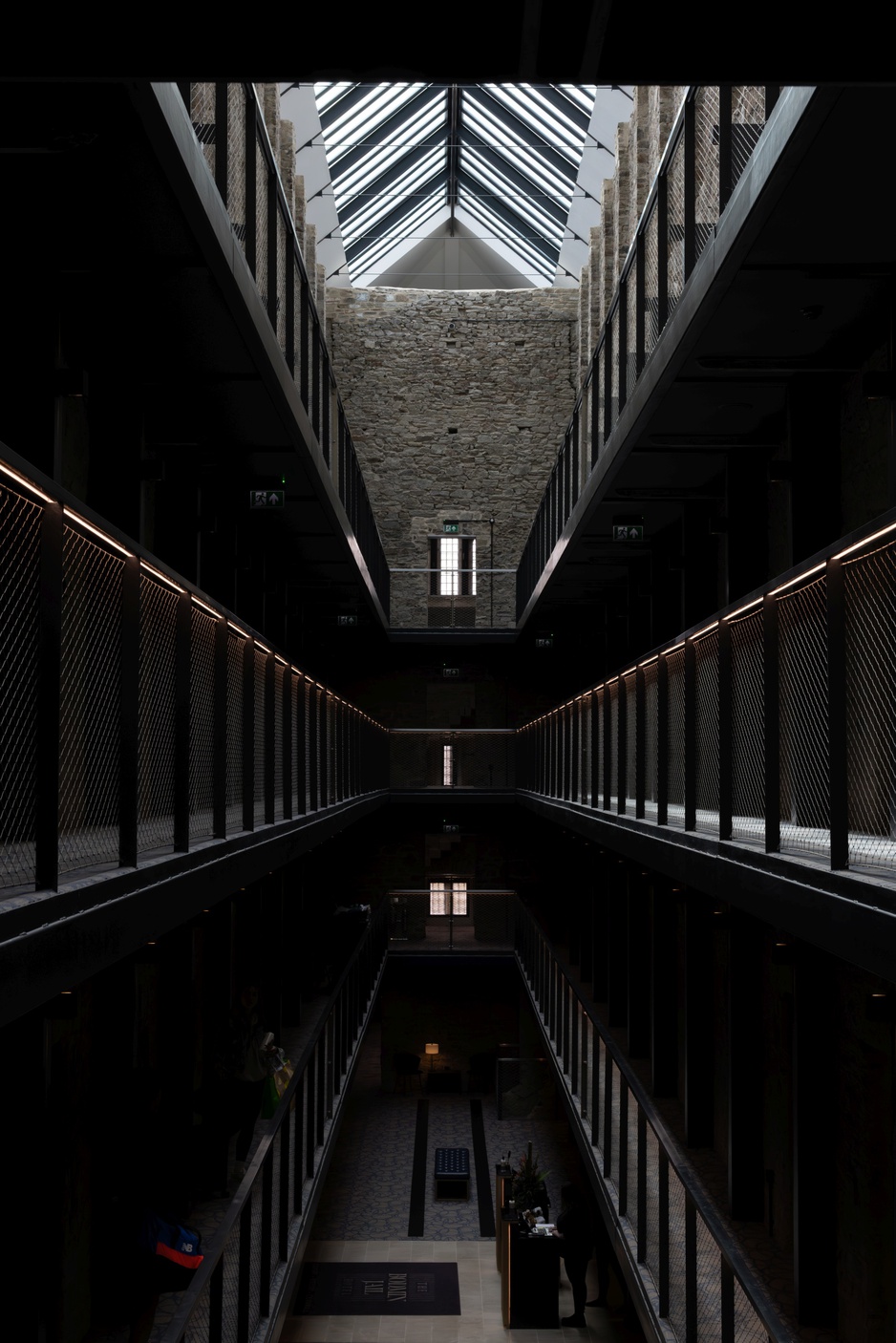
Civil wing atrium
After closing as a prison in 1927, the building embarked on an unlikely second career. It briefly housed the Crown Jewels during World War One, then reinvented itself as a nightclub and casino in the 1930s. Following decades of neglect that left much of the structure open to the elements, the site began its journey toward hospitality respectability when a local family purchased it in 2004.
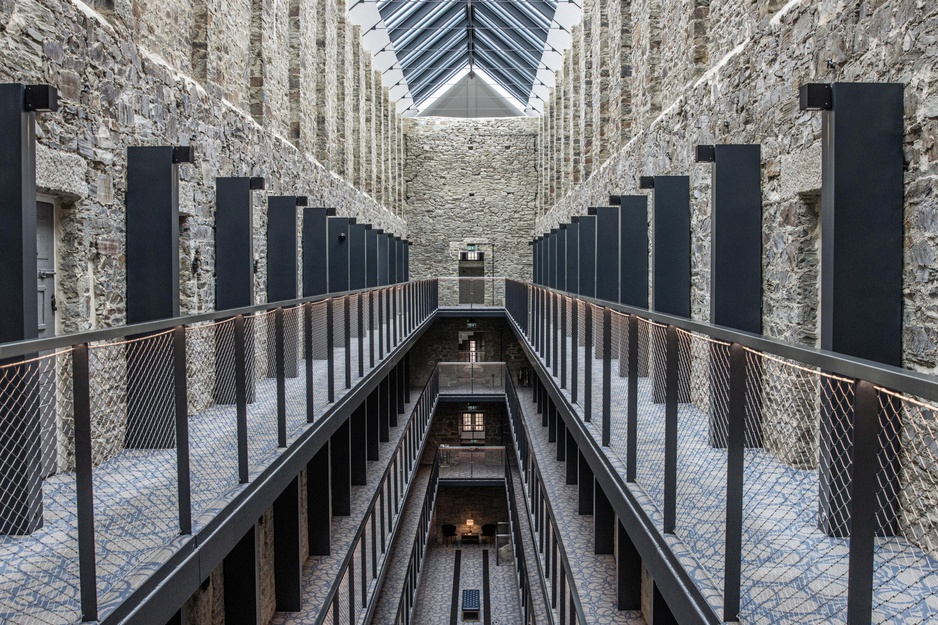
The restoration, handled by Twelve Architects, aimed to preserve 85% of the original fabric while creating what they describe as a "multi-sensory experience." Contemporary skylights now illuminate the central atrium, and you enter through a deliberately narrow lobby designed to amplify the impact of the soaring Civil Wing space.
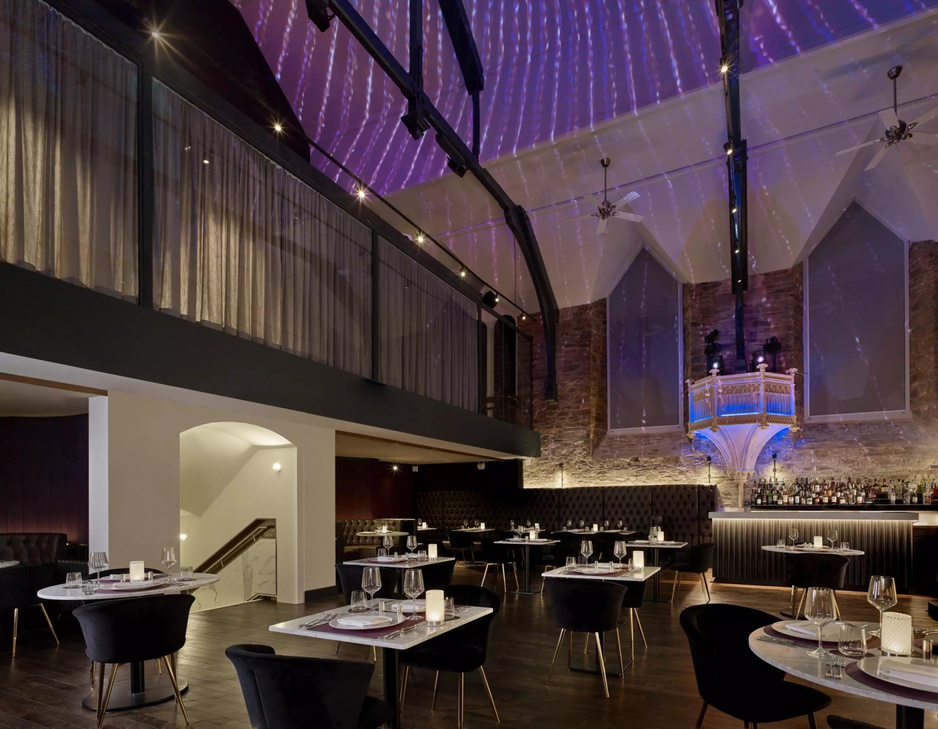
The Chapel Restaurant & Bar
The Chapel Restaurant occupies what was once the jail's place of worship, while The Champagne Bar offers a more relaxed setting for those who prefer their history served with premium spirits rather than spiritual encounters.
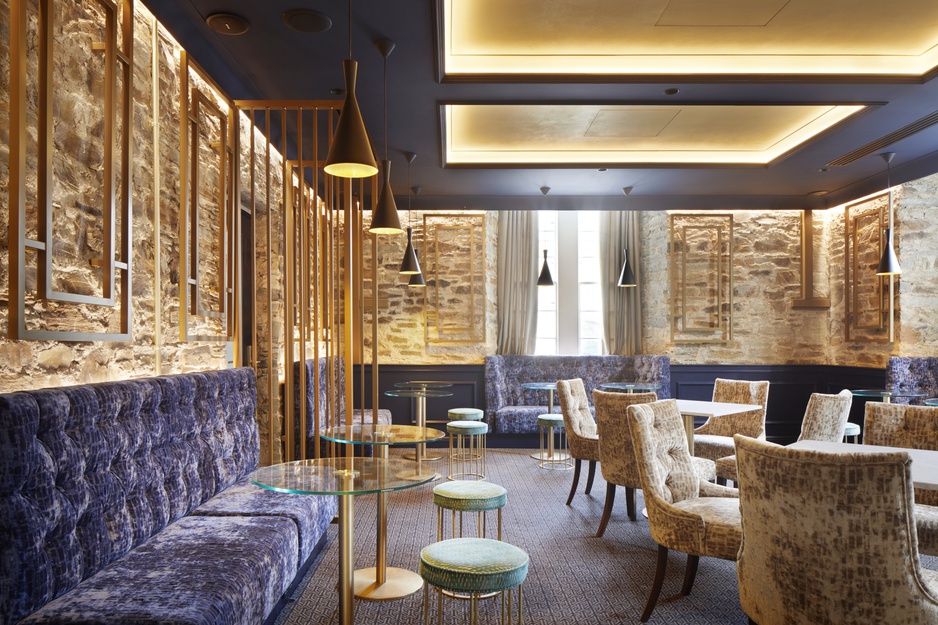
The Champagne Bar
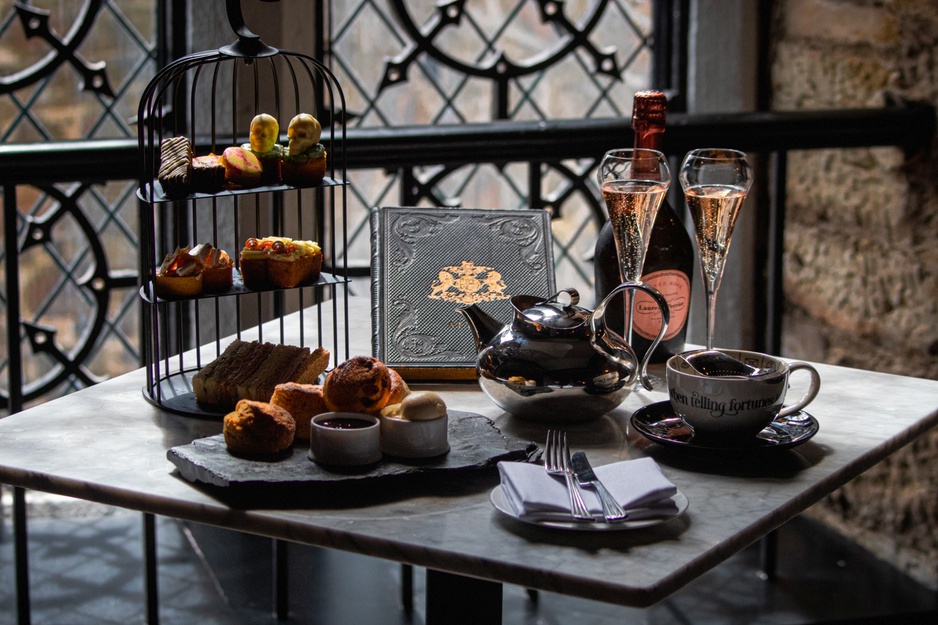
After Dark Tea at the Champagne Bar
The hotel also serves an "After Dark Tea" featuring "devilishly delectable bites with a captivating jail-themed twist" - presumably afternoon tea reimagined through the lens of Georgian-era crime and punishment.
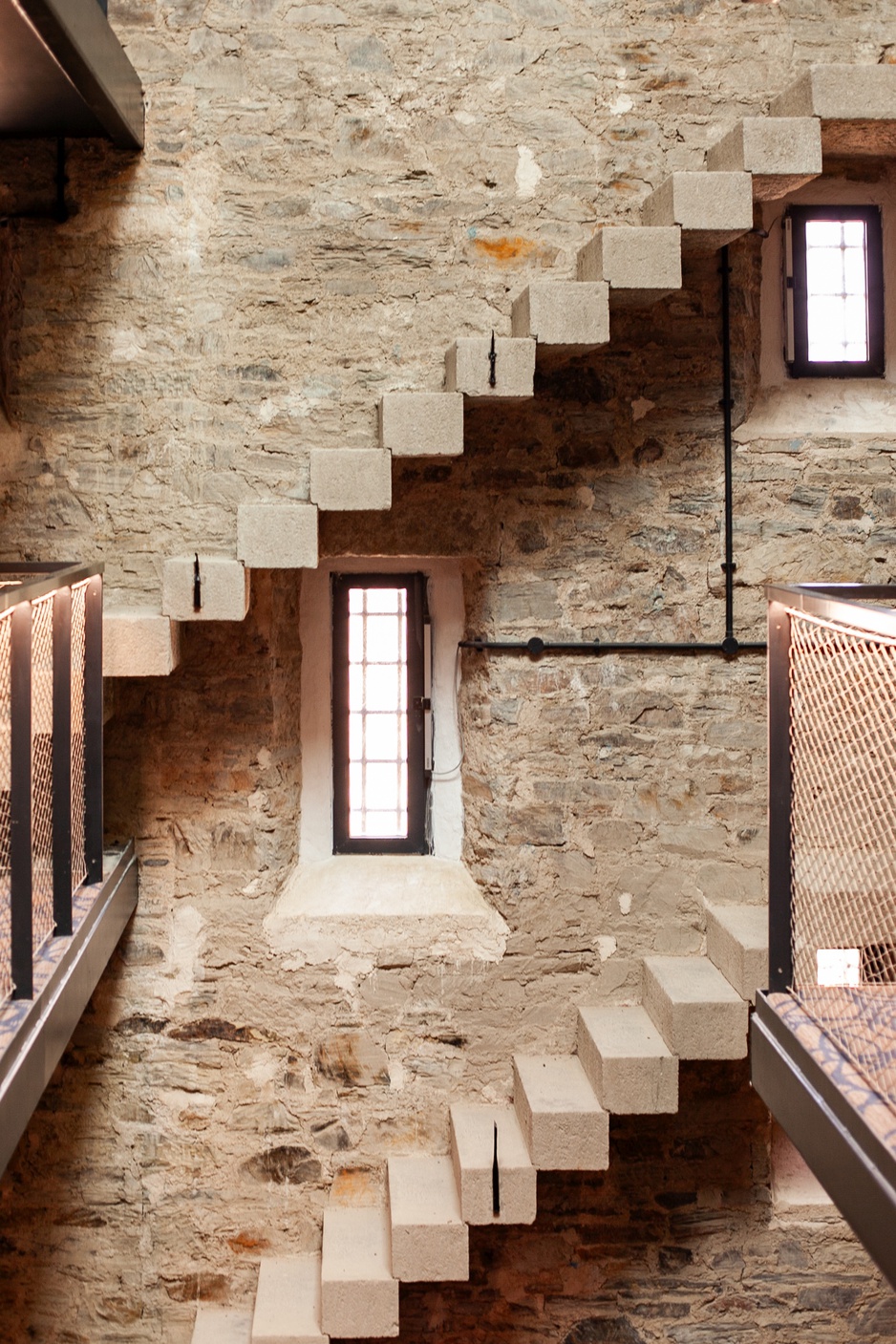
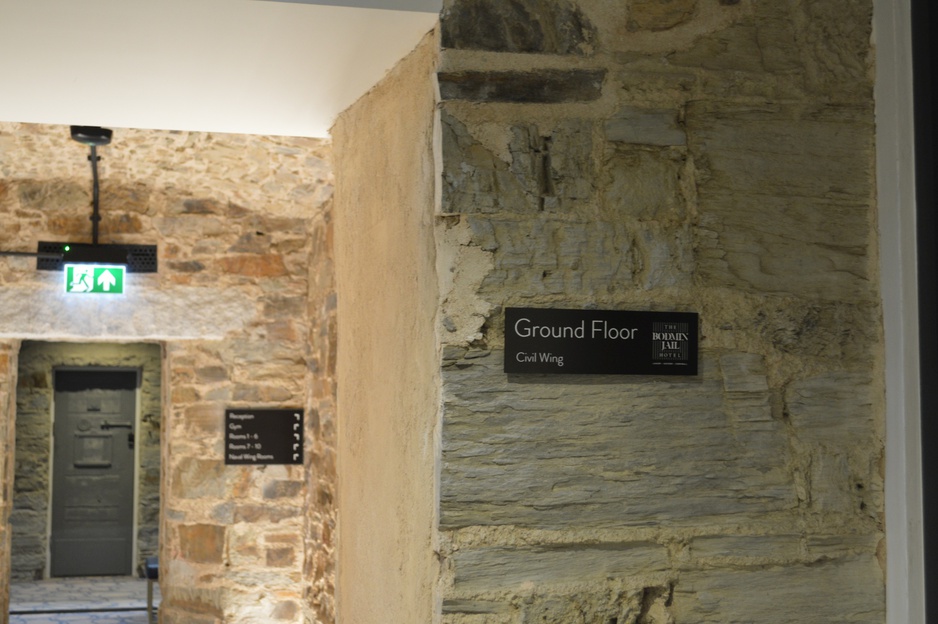
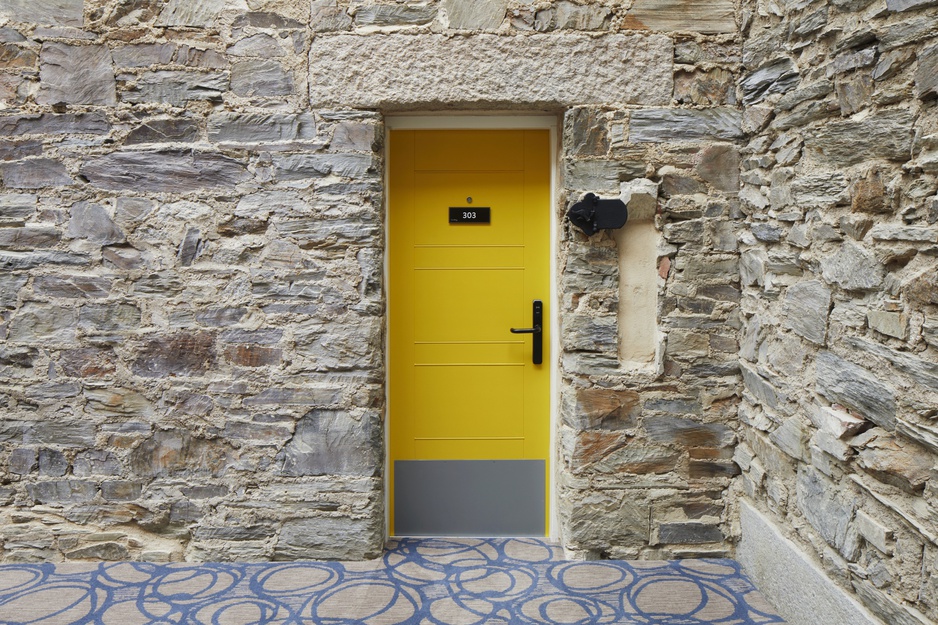
The guest rooms themselves offer a study in contrasts – authentic prison doors and barred windows sit alongside sumptuous bedding and luxurious bathrooms.
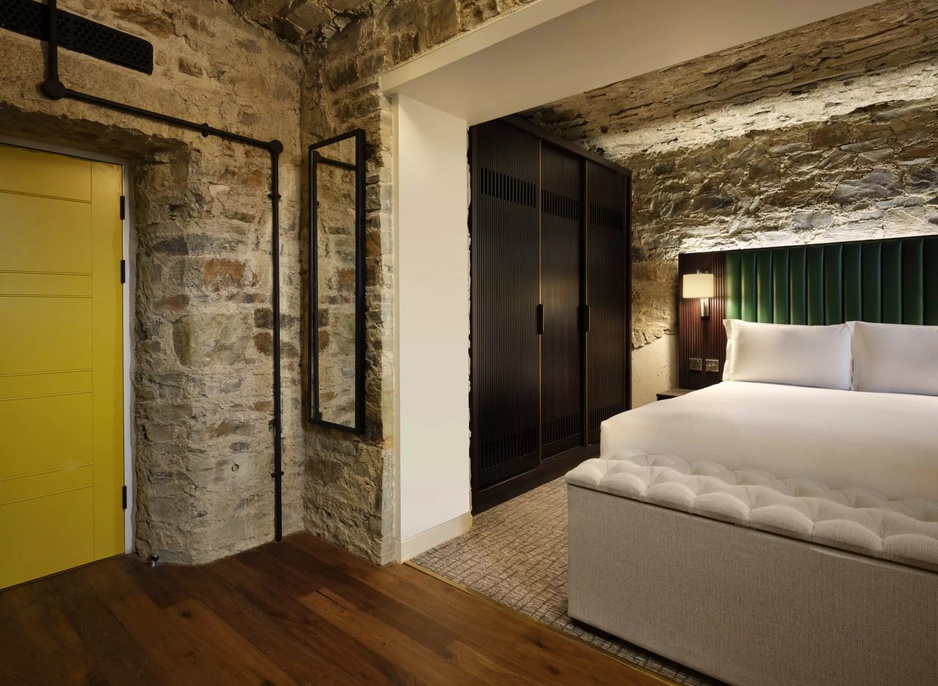
Each room retains original stone walls, complete with genuine inmate graffiti that serves as an unexpected form of historical wallpaper.
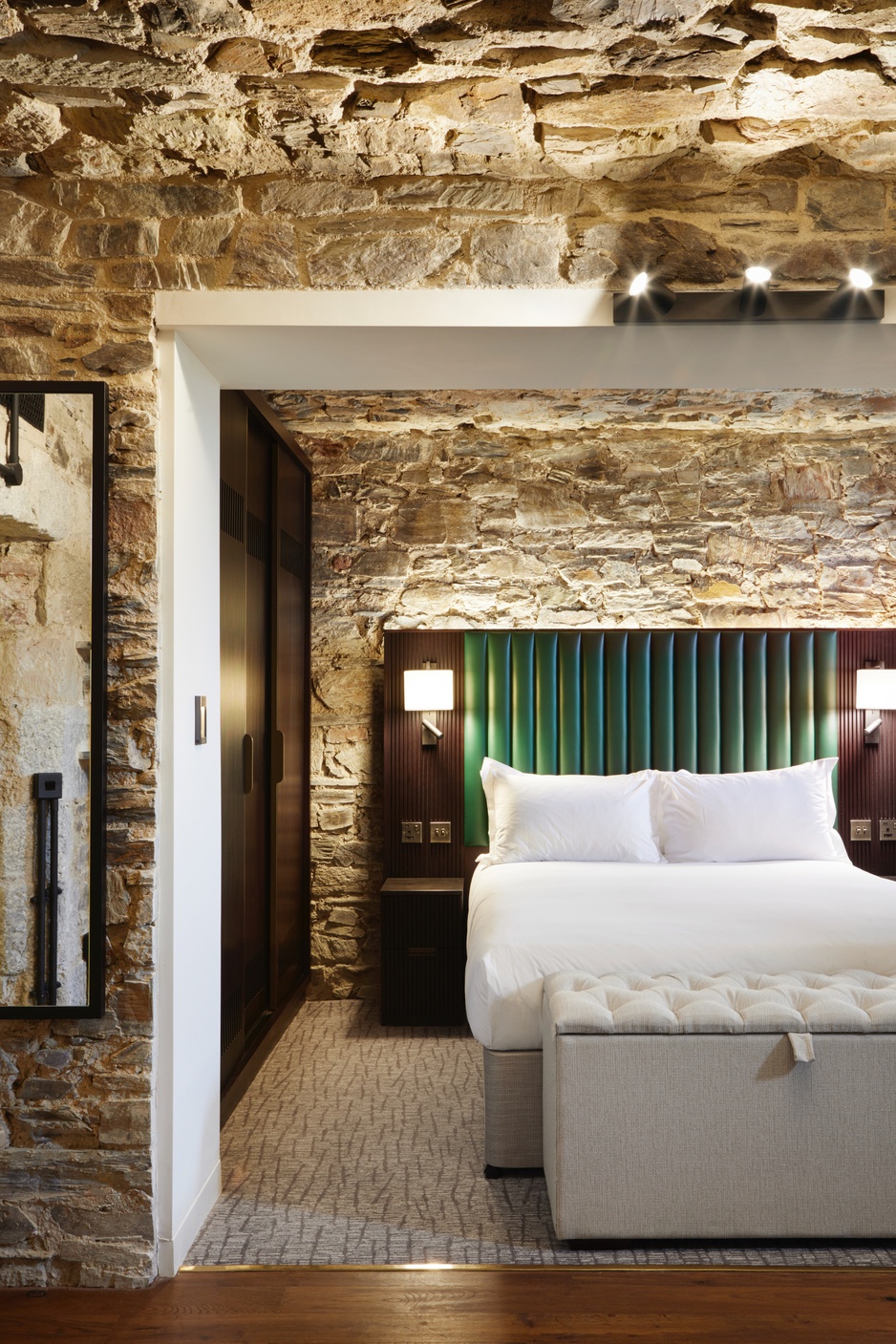
The juxtaposition is deliberately jarring: where prisoners once endured harsh conditions in cramped quarters, guests now sprawl across beds that span three former cells, enjoying Wi-Fi and climate control in spaces where Victorian convicts counted days on cold stone.
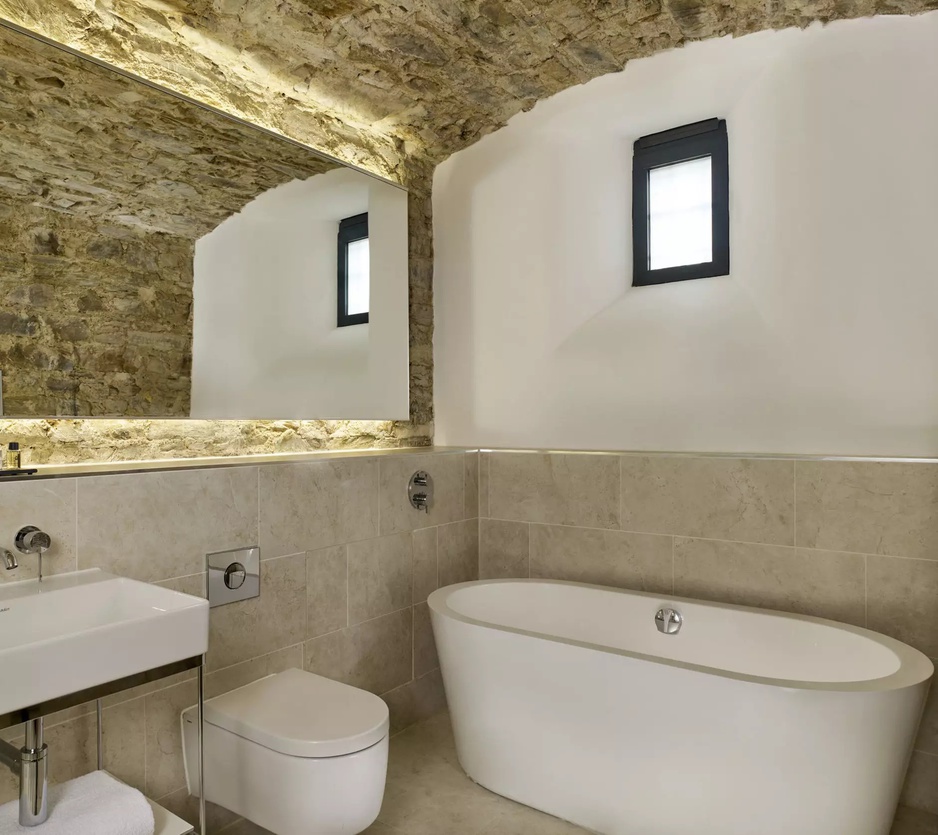
You can choose from three themed experiences that lean heavily into the building's macabre heritage. The "Prisoner Experience" includes a welcome drink, guided historical tour, and what's described as a "three-course prisoner's meal" served on basic trays at long wooden tables. The more upmarket "Governor Experience" offers champagne, canapés, and a seven-course tasting menu in a private chamber.
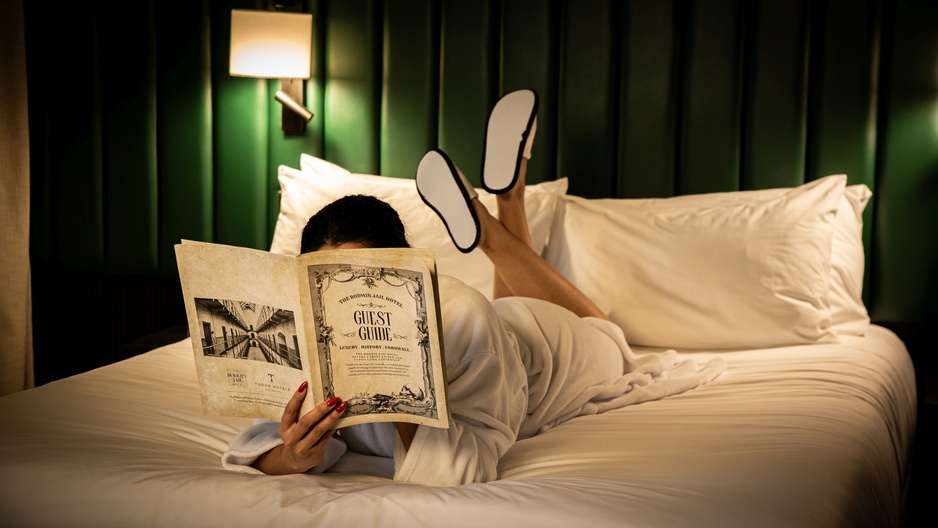
For those seeking paranormal thrills, the hotel offers ghost tours led by paranormal manager Kirsten Honey, who claims possessions occasionally occur on the premises. The jail has attracted its share of ghost hunters over the years, including the crew of reality TV show Most Haunted, though their investigation famously backfired when medium Derek Acorah was duped by a fictional spirit whose name was an anagram of "Derek Faker."
Scarlett's Well Rd, Bodmin PL31 2PL, United Kingdom

